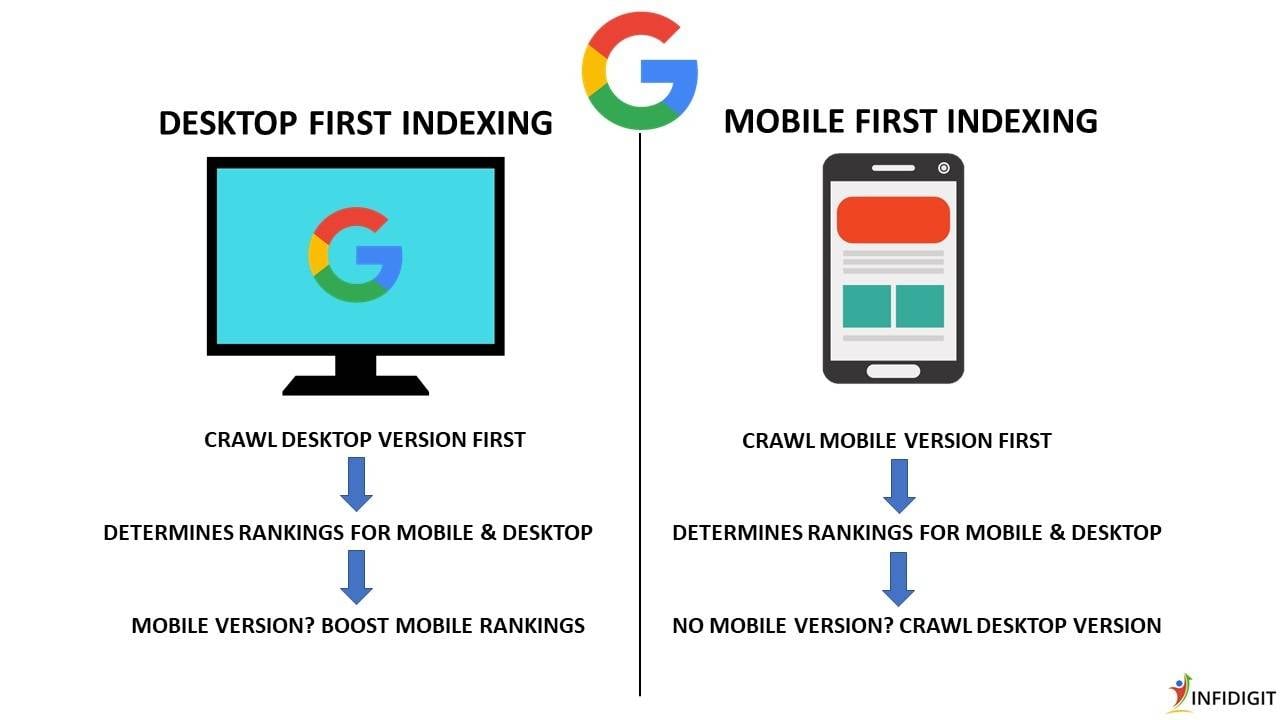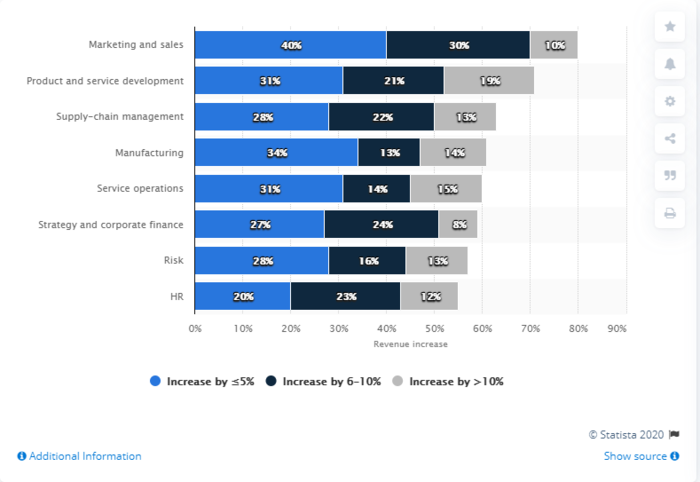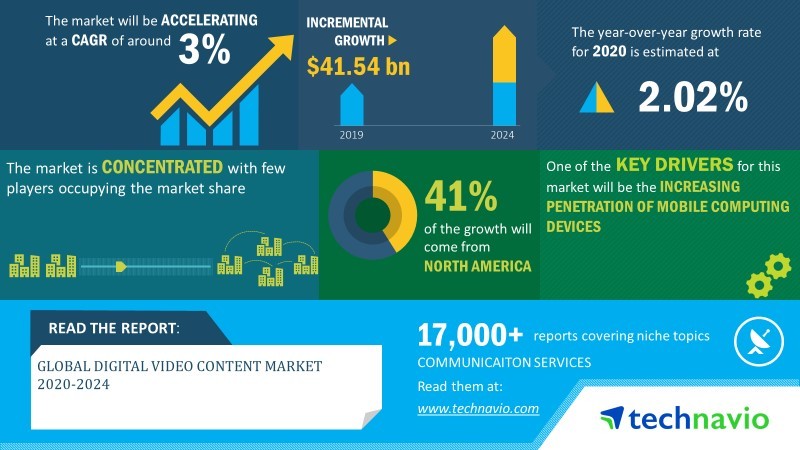Content
SHARE

In the fast-paced world of digital marketing, keeping up with the latest SEO trends is essential. As we enter 2025, search engine optimisation continues to evolve, presenting marketers with new opportunities and challenges. Understanding and adapting to these changes can make all the difference in the success of your online presence. This article will explore eight SEO trends that every marketer must know for 2025.
Understanding the Importance of SEO in 2025
SEO, short for Search Engine Optimisation, has undoubtedly come a long way since its inception. It has transformed from a mere ranking game to a comprehensive strategy for driving organic traffic, increasing brand visibility, and enhancing user experience. In 2025, SEO is no longer an optional add-on but a fundamental aspect of any successful marketing campaign. But what exactly makes SEO so important in the current digital landscape? Well, let’s delve deeper into the evolving role of SEO in digital marketing to understand its significance.
The Evolving Role of SEO in Digital Marketing
Gone are the days when SEO was limited to optimising web pages for search engines. It has become integral to digital marketing, intertwined with content creation, social media, and user experience. In 2025, the role of SEO in digital marketing will continue to grow, requiring marketers to have a holistic approach to their strategies. With search engines becoming smarter and more sophisticated, SEO has evolved to encompass various aspects of online marketing. It now involves creating high-quality, engaging content that resonates with the target audience, optimising websites for mobile devices, and leveraging social media platforms to amplify brand visibility.
Moreover, user experience has become a key focus for search engines. Websites that offer seamless navigation, fast loading times, and relevant information are more likely to rank higher in search engine results. This shift in focus has compelled marketers to prioritise user-centric strategies, ensuring that their websites provide value and meet the needs of their visitors. Therefore, in 2025, successful digital marketing campaigns will heavily rely on SEO to drive organic traffic, engage users, and establish a strong online presence.
Why Staying Updated with SEO Trends is Crucial
The digital landscape is ever-changing, and so are the algorithms that power search engines. Staying updated with the latest SEO trends is crucial for marketers to stay ahead of the competition and maintain online visibility. Search engines constantly refine their algorithms to deliver users the most relevant and valuable results. As a result, SEO techniques that worked well in the past may no longer be effective. Failure to adapt to these changes can result in a significant drop in organic traffic and potential loss of business. Marketers can make informed decisions and adjust their strategies by staying informed about the evolving SEO landscape. They can identify emerging trends, such as voice search optimisation or the increasing importance of mobile-friendliness, and incorporate them into their SEO efforts.
Additionally, staying updated with SEO trends allows marketers to anticipate algorithm updates and algorithmic penalties. By understanding the changes search engines make, marketers can proactively adjust their strategies to ensure compliance and maintain their rankings. SEO has evolved from a simple ranking game to a multifaceted strategy that drives organic traffic, enhances user experience, and boosts brand visibility. In 2025, marketers must recognise the importance of SEO in digital marketing and stay updated with the latest trends to stay ahead in the competitive online landscape.
(Source: https://financesonline.com/voice-search-trends/)
The Rise of Voice Search
One of the most significant changes in the SEO landscape is the rise of voice search. With advances in voice recognition technology and the proliferation of smart devices, voice search is reshaping how people interact with search engines. Voice search has become increasingly popular due to its convenience and ease of use. Users can simply speak into their devices instead of typing a query on a keyboard and receive immediate results. This has revolutionised how people search for information, making it more accessible and efficient. Likewise, voice search has opened up new possibilities for individuals with disabilities or those who struggle with traditional typing. They can navigate the internet and find the information they need without barriers using their voice.
How Voice Search is Changing SEO Strategies
Voice search queries differ from traditional typed searches. People use longer and more conversational language when speaking to their devices. This shift in search behaviour has forced marketers to adapt their SEO strategies to cater to this new trend. One key aspect of optimising for voice search is focusing on long-tail keywords. These are more specific and detailed phrases that mimic natural language. Incorporating long-tail keywords into your content increases the chances of appearing in voice search results.
Additionally, optimising for voice search requires a focus on natural language. Instead of using robotic and keyword-stuffed content, creating content that sounds conversational and human-like is important. This helps search engines understand the context and intent behind the queries. Another crucial aspect of voice search optimisation is providing concise answers to common queries. Voice search users often seek quick and direct information. By structuring your content to anticipate these questions and provide clear and concise answers, you increase the likelihood of being featured in voice search results.
Optimising Your Content for Voice Search
Several key strategies must be considered to optimise your content for voice search. Firstly, focus on providing straightforward and concise answers to commonly asked questions. This can be achieved by creating dedicated FAQ sections or incorporating question-based headings within your content. Ensure that your website is accessible and mobile-friendly. Voice searches are often performed on mobile devices, so it is crucial to have a responsive design that provides a seamless user experience across different screen sizes. Another important aspect of voice search optimisation is structured data markup. By implementing schema markup, you can provide search engines with additional context about your content, making it easier for them to understand and present in voice search results.
Lastly, consider the importance of page load speed. Voice search users expect quick and immediate results. If your website takes too long to load, users will likely abandon it and move on to a faster alternative. Therefore, optimising your website’s performance is crucial for voice search success. The rise of voice search has significantly changed the SEO landscape. Marketers must adapt their strategies to cater to the unique characteristics of voice search queries. By focusing on long-tail keywords, natural language, concise answers, mobile-friendliness, structured data markup, and page load speed, businesses can optimise their content and stay ahead in this evolving digital landscape.
(Source: https://www.infidigit.com/blog/mobile-first-indexing/)
The Importance of Mobile-First Indexing
With increasing number of people accessing the internet through mobile devices, mobile-first indexing has become a critical factor in SEO. In 2025, mobile-first indexing will be the default for all websites, as search engines prioritise mobile-friendly content
.Understanding Mobile-First Indexing
Mobile-first indexing means that search engines primarily use the mobile version of a website to determine its ranking on search engine results pages (SERPs). This shift in focus emphasises the importance of having a responsive and mobile-friendly website to rank well in search results.
Adapting Your SEO Strategy for Mobile-First Indexing
To adapt your SEO strategy for mobile-first indexing, ensure your website is responsive and mobile-friendly. Optimise your content for mobile devices, and pay attention to page load speed, user experience, and mobile usability. By prioritising mobile-friendly practices, you can improve your website’s visibility and rank higher in SERPs.
(Source: https://neilpatel.com/blog/ai-seo/)
The Impact of Artificial Intelligence on SEO
Artificial Intelligence (AI) is revolutionising every industry, and SEO is no exception. As AI becomes more prevalent, it reshapes how search engines understand and rank content.
How AI is Reshaping SEO
AI-powered algorithms are becoming increasingly sophisticated in understanding user intent and delivering accurate search results. Marketers must adapt their SEO strategies to align with AI’s requirements, such as structured data markup, natural language processing, and semantic search.
Preparing Your SEO Strategy for AI Advancements
To prepare your SEO strategy for AI advancements, create high-quality, relevant content that satisfies user intent. Leverage structured data markup to provide search engines contextual information about your content. Additionally, incorporates semantic search optimisation techniques, such as using related keywords and providing comprehensive answers to user queries.
The Growing Significance of Video Content
Video content has become an integral part of online marketing, and its importance in SEO will continue to grow in 2025.
The Role of Video Content in SEO
Videos can significantly enhance user engagement, increase time spent on a website, and improve conversion rates. Search engines recognise the value of video content and often prioritise it in search results.
Optimising Video Content for Better SEO Results
In conclusion, the SEO landscape is constantly evolving. By staying updated with the latest trends and adapting your strategies, you can position your website and content for success in 2025. Embrace voice search, prioritise mobile-first indexing, incorporate AI advancements, and leverage the power of video content. Remember, the key to effective SEO is to provide valuable, user-centric experiences that align with search engine algorithms. Stay ahead of the curve, and watch your organic traffic soar.
To optimise your video content for better SEO results:
- Ensure that you embed videos on your website using appropriate schema markup.
- Write detailed descriptions, include relevant keywords, and provide transcripts or captions for accessibility.
- Promote your videos through social media and optimise their titles and descriptions for search engine visibility.
Frequently Asked Questions About SEO Trends
What Are the Top SEO Trends For 2025?
The top SEO trends include AI-driven content optimisation, the rise of voice search, the importance of user experience (UX) signals, mobile-first indexing, video content optimisation, local SEO advancements, sustainability in SEO, and the integration of machine learning for predictive analytics.
How Can AI-Driven Content Optimisation Impact SEO in 2025?
AI-driven content optimisation can significantly enhance SEO by providing real-time insights for content creation, automating keyword research, tailoring content to user intent, optimising for long-tail searches, and improving search engine rankings and user engagement.
Why Is User Experience (UX) Becoming Crucial For SEO?
User experience (UX) is becoming crucial for SEO because search engines are increasingly prioritising sites that provide a seamless, engaging, and efficient user journey, as it directly impacts user satisfaction, dwell time, and conversion rates, influencing rankings.
What Role Does Video Content Play in SEO Strategies for 2025?
Video content plays a pivotal role in SEO strategies by improving user engagement, increasing dwell time, providing value through visual storytelling, and enhancing a brand’s visibility and reach, especially as platforms and users increasingly prefer video over text-based content.
















